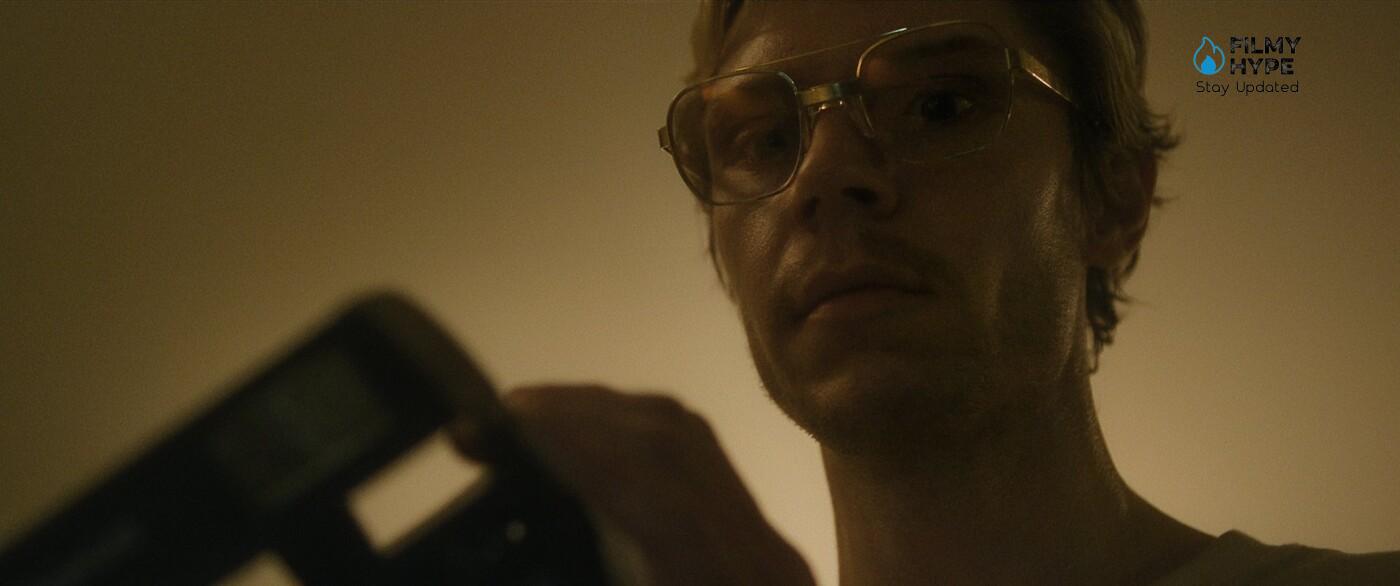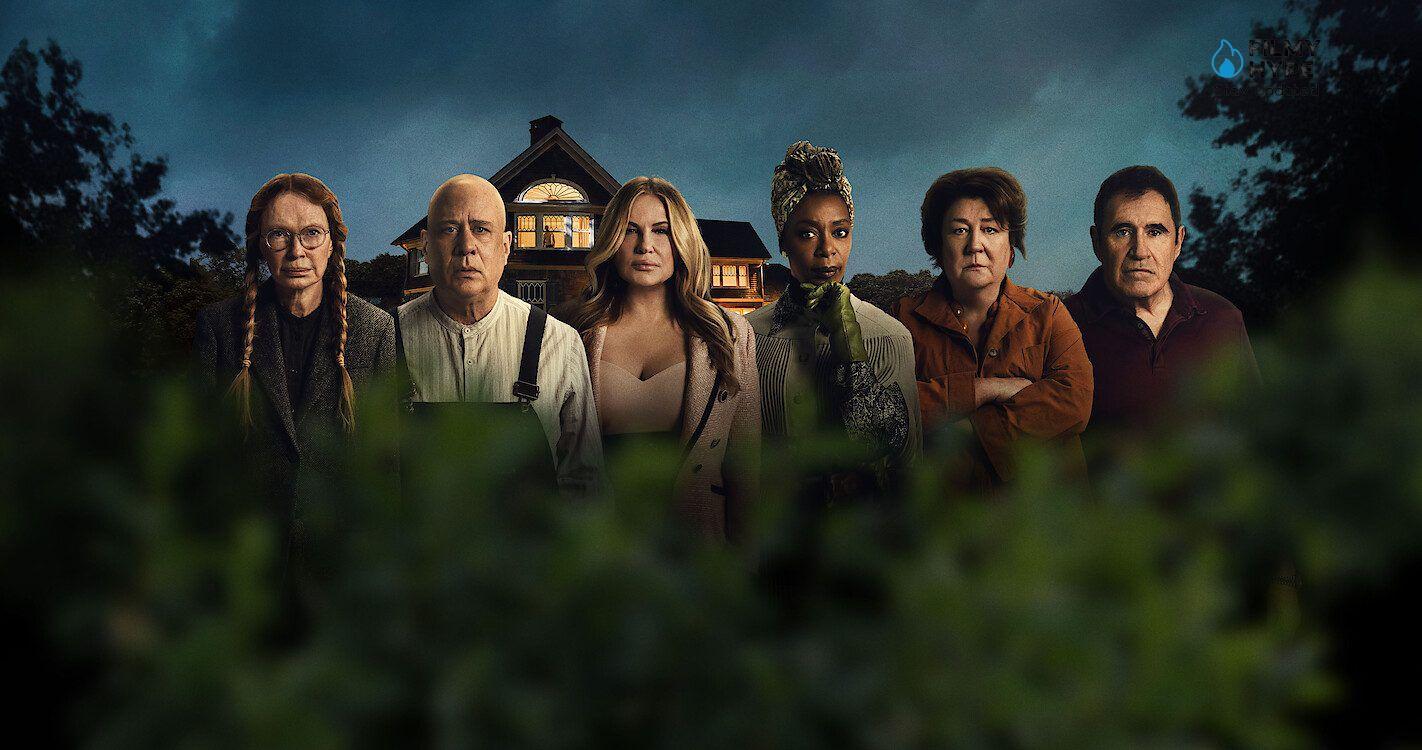From Dahmer to The Watcher: Ryan Murphy’s Hit On Netflix, The Rebirth Of A Showrunner
Ryan Murphy has returned to dominate the world of serials after some less successful projects, using Netflix as a launching pad towards a notoriety regained with strength and conviction, certified not only by the viewing numbers but also by the warm welcome of the public and critics (let yourself be fascinated by the criminals by rediscovering the Dahmer review and The Watcher review). The rediscovered love for the American showrunner has its roots in a career spent between horror and thriller, but also in musicals and medical drama, in ups and downs of values that saw him explore every nook and cranny of his psyche. characters, culminating in the thunderous explosion of terror seen in recent days.

From Dahmer to The Watcher: Ryan Murphy’s Hit On Netflix
What do a cannibal with a lack of affection and an anonymous stalker who writes love letters to a house have in common? In the real world probably nothing, but in show business, both contexts are linked to a creative who was inspired by news events to give birth to two TV series with a very noisy impact, characterized by a high visual and content quality but also by the fuss raised by those who truly suffered those events.
Murphy’s American Roots
The assumption on which Murphy’s last two works are based is shared, at least on a theoretical level, because the events told are inspired by real news stories, but then diverge in the fictional methodology chosen for each show. If Dahmer’s story adheres with fidelity and also with extreme respect to the terrible violence of the Cannibal of Milwaukee, fictionalizing some traits of the victims to increase the dramatic value of the work, that of The Watcher is much more imaginative and creative, obliged as it is from a more meagre real fact than that of the promoter of the serial killer who preceded it.
The transposition of terrifying sensations into images has its roots in one of the first great works of the showrunner, who with American Horror Story had already explored the boundaries of horror through a high-impact anthology series. Although some seasons were slightly inspired by real events, this first sortie into the genre was a work of fiction, even more imaginative than the inventive The Watcher. Yet the seed of what will become the great success of these days – always taking into consideration the fact that even American Horror Story had a great response from critics and audiences – can already be found in those works on the paranormal, in photography based on strong contrasts and chiaroscuro, in a camera very close to his characters and in a narrative that inserted the absurd in everyday life to upset it slowly but inexorably.
Entertainment and Respect
The creator of numerous historical shows has in fact transposed a creative methodology already tested within a new context, taking up most of the aesthetic canons but drying the more whimsical aspects of his previous creations – especially in the visual field – to give shape to a sequence of images that are always peculiar, but this time more concrete and certainly respectful of the pain of the victims.

It was not a simple task to tell a serial killer like Dahmer and the drama suffered by victims and family members, and the operation seemed even riskier due to the protagonist role given to the cannibal because the dark fascination towards certain killers is unfortunately still a trait. present in our society (just think that eBay had to ban the ads of Dahmer’s Halloween costumes ), but Murphy and his writers managed to elegantly return the exhaustive portrait of a person with obvious psychic disorders, without idealizing his problems with false artistic ambitions but at the same time avoiding trivializing the nightmare that has taken away the sleep of millions of people. Starting from these absolute assumptions, a story took shape that was destined to upset and “entertain” – a term referring to the serial work, certainly not to the inhumanity of a murderer – because the events told were very macabre and had no need of a work of rewriting (indeed, some of Dahmer’s horrid impulses can only be guessed from the TV series).
A Classic Thriller
As much as it might seem a similar project to the previous one, The Watcher manifests itself as a very different show from Dahmer in that, although the news remains as the inspirational basis of the plot, they are much blander and more malleable than the terrible murders of the serial. killer. And here, in fact, the most whimsical traits of Murphy’s writing reappear, which fills with obsession and absurdity the shortcomings of a worrying but incomplete basis: his latest TV series is a descending spiral into madness, punctuated by ambiguous characters and never completely innocent, in which mistrust creeps in from the outside and upsets a happy American family.
In this case, it is difficult to categorize the product among the crime ones, it is in fact much more similar to a thriller and its plot does not stand out for its originality or fantasy, yet these gaps are filled by a perpetual atmosphere of danger and “invasion” – between silhouettes that move quietly in the second floors and first-person shots from outside the house – brought to the screen by a cast of high caliber, starting with its protagonists to get to the secondary characters. The sensations returned by this fictional product thus come close to the much more concrete ones of Dahmer, without touching the horror imagination which framed the cannibal series and remained lighter, somewhat easier for the audience to assimilate, comparable to the emotions explored in some seasons of American Horror Story.

The showrunner has in fact bent to his will two news cases – one of which is much more terrifying than many horror films – to return with great fanfare in a serial world that had seen him waver with his latest creations, finding in the own roots that anxious and hallucinatory creative verve that made him famous at the beginning of the millennium, and that twenty years later sees him still master of the television format thanks to two great shows destined to make people talk.






